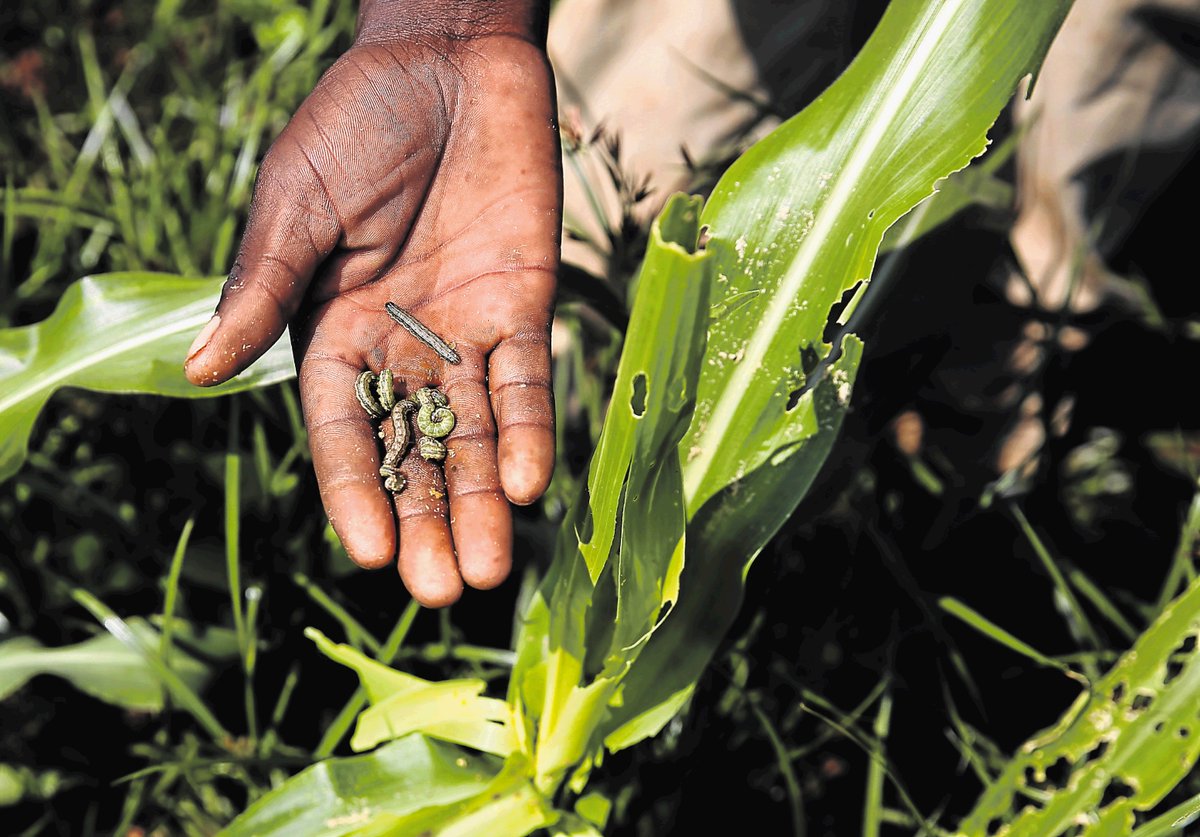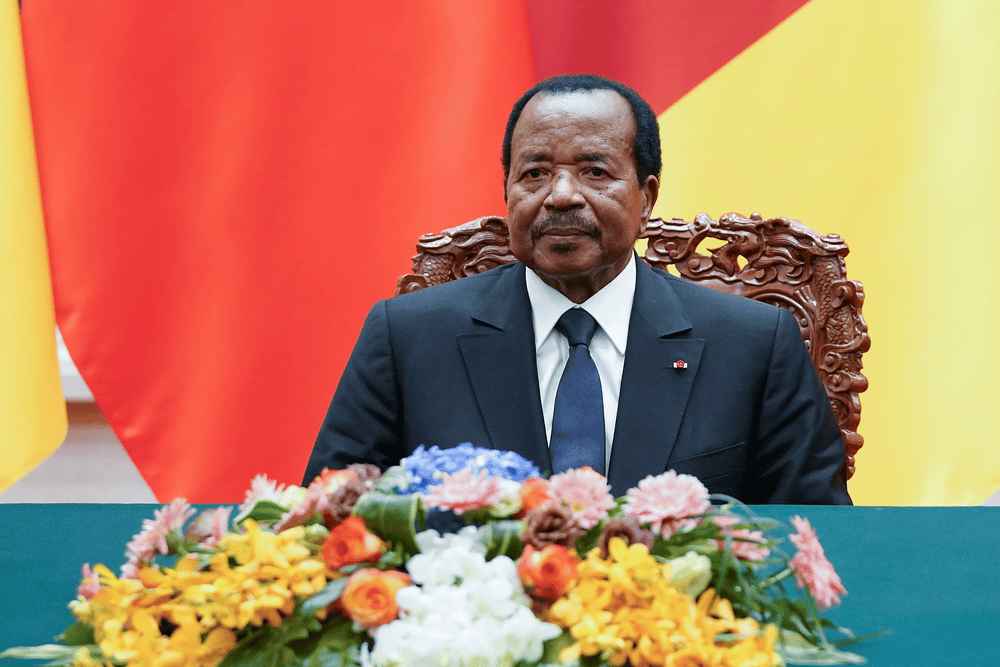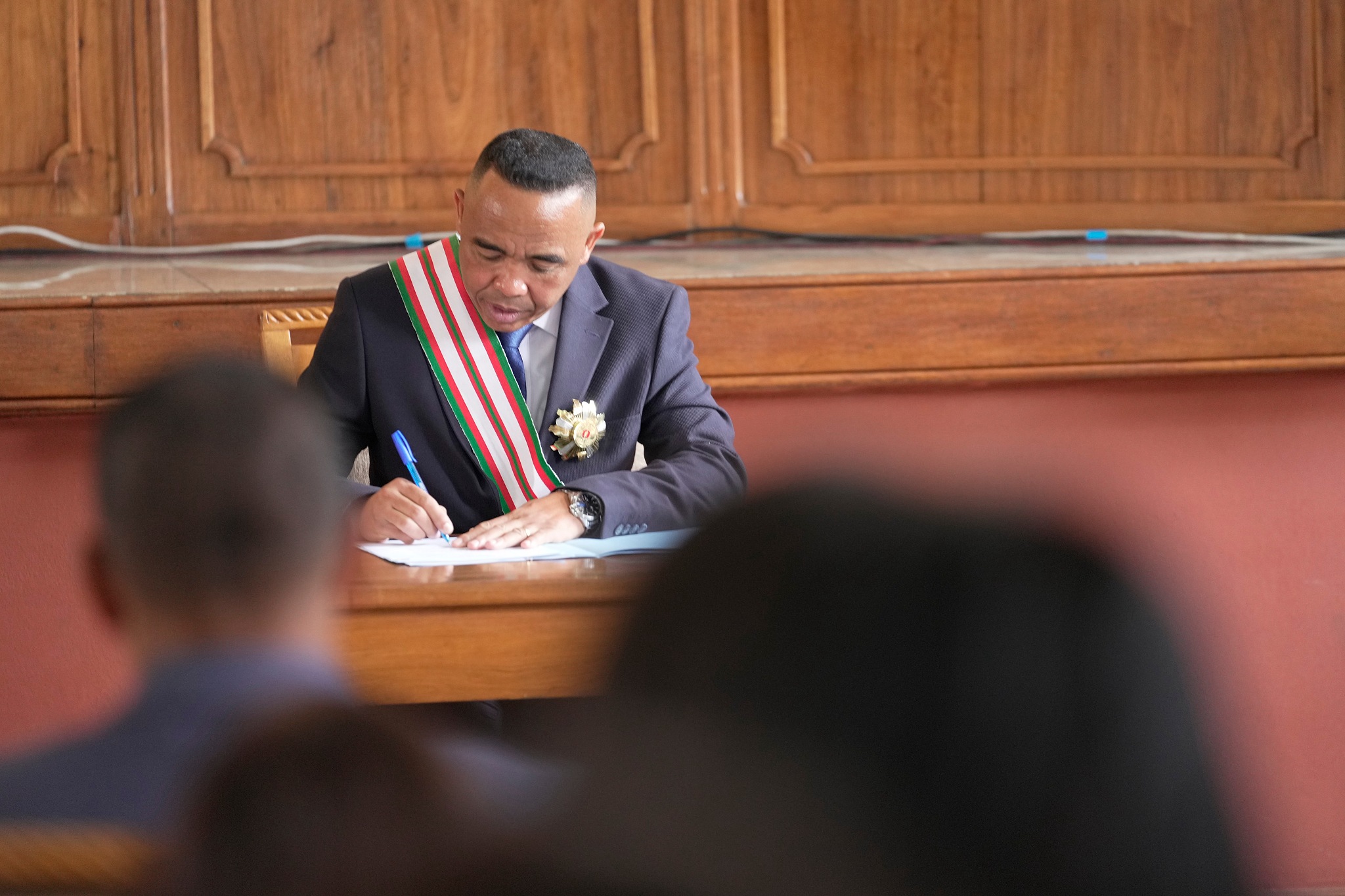
African governments urged to harmonize laws on invasive species

African governments should harmonize their laws to safeguard countries from invasive species, an expert said on Tuesday.
Martha Byanyima, expert on Sanitary and Phytosanitary (SPS) at the Common Market for Eastern and Southern Africa (COMESA), said many countries have experienced devastating economic losses due to attacks from invasive pests in the recent years.
“We need to have a harmonized law that enables countries to trade in a liberalized economy and also protect them from invasions by unwanted species,” Byanyima told Xinhua in Nairobi.
She called for a harmonized approach since regulations that are being applied in almost all countries are not coordinated.
Byanyima said that although most African countries have signed both the World Trade Organization (WHO) SPS agreement and the Convention on Biological Diversity (CBD), legislation, enforcement is still weak or in some countries lacking.
“As a result, the weakness has allowed the introduction of Invasive Alien Species at a faster rate,” she added.
Byanyima said the impacts of the loss on livelihoods undermine the trends made on trade liberalization in the region.
She urged the countries to integrate their model and strengthen their bio-security to safeguard internal and external trade.
According to Byanyima, COMESA has embarked on strengthening bio-security of Rwanda, Kenya, Uganda, Ethiopia, Malawi, Mozambique, Zambia and Burundi with aim of equipping them to respond to their needs on safeguarding their territories from invasive species.
Byanyima noted that the regional economic body has entered into a working relationship with the Australian government on how best the member countries can leverage their resources in tackling the general problems.
She called for investment in agriculture since it is the mainstay of most economies in the continent.
According to experts, with climate change becoming the biggest challenge in the continent leading to erratic rainfall patterns and adaptation of crops that survives under stressful conditions, old pests and diseases, new biological risks and the invasive alien species are now threatening economies of most countries in the continent.
International scientists also say invasive alien species are not only threatening Africa’s environment but are increasingly contributing to Africa’s inter-community and political conflicts.
Arne Wilt, Invasive Species Coordinator at CABI’s Invasive Species Coordinator, attributed Africa’s rising intercommunity and human-wildlife conflicts to the increase of invasive species.
Wilt said the invasions by the species in adjoining agro-ecosystems reduce crop and pasture production, hence forcing some communities to encroach into others land.
“Pastoralists and farmers’ conflicts have grown, spread and intensified over the past decade hence posing a threat to security in some countries,” Wilt noted.
Wilt said such species also forced wildlife to forage outside on farms, resulting in increased human-wildlife conflict.
Such problems have been pronounced in Nigeria and Kenya in recent years, according to him.
Hiver Boussini, Animal Health Officer with the African Union Inter-African Bureau for Animal Resources (AU-IBAR), said livestock production is also affected when invasive weeds colonize prime grazing land, thus driving farmers into marginal areas.
“Competition for access to resources and fear of the plant and disease spreading across the area leads to conflicts between communities,” he added.






